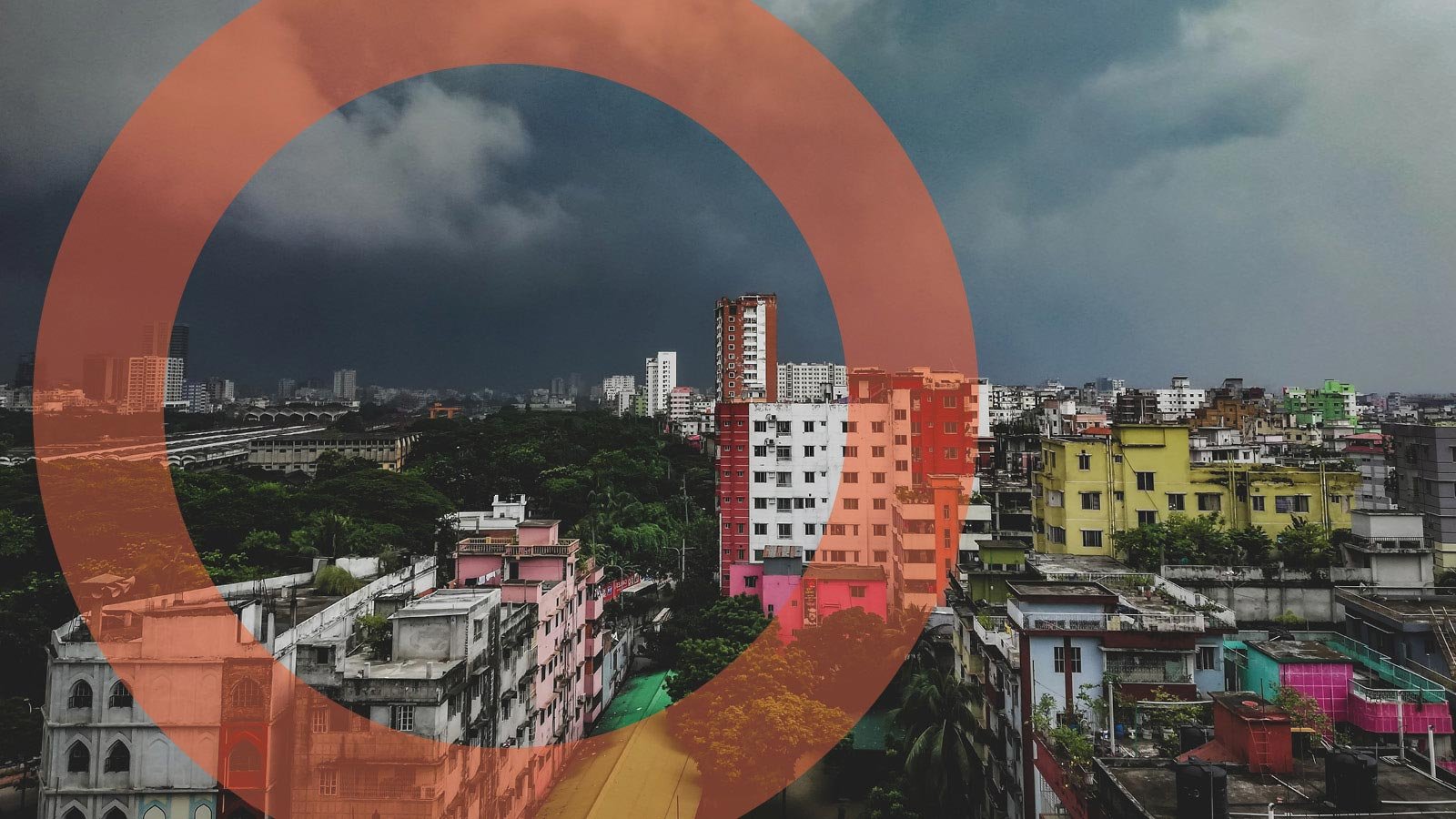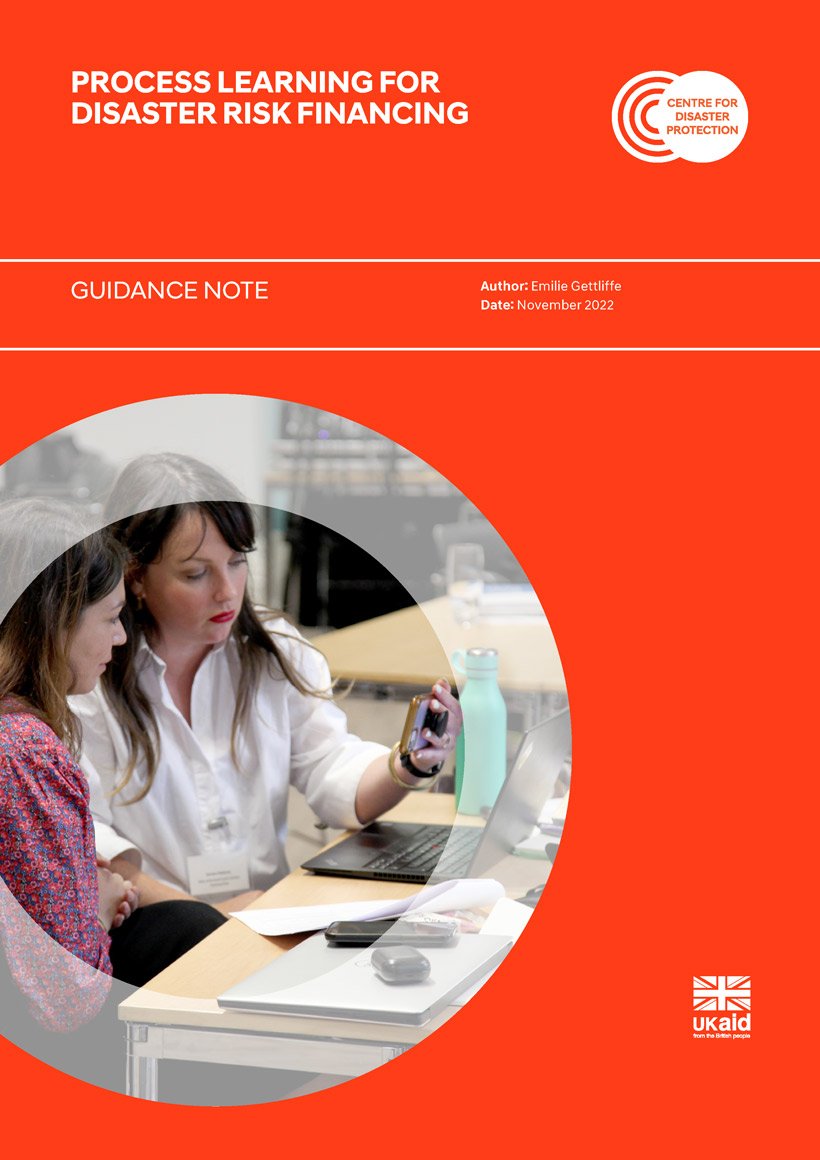
PUBLICATIONS CENTRE

PROCESS LEARNING FOR DISASTER RISK FINANCING
This guidance document offers practical steps on how to capture lessons from DRF initiatives, providing an opportunity for real-time reflection and feedback for those designing and implementing DRF systems, as well as key partner organisations. The guidance is designed to help capture and communicate learning on what is working well, which assumptions are holding true (or not) and what needs to be adjusted or changed. This guidance builds on and complements the Centre’s ‘7 Keys to Unlock Effective DRF’. Process learning is particularly relevant to the characteristic of constant improvement – embedding scrutiny and learning into
DRF initiatives to ensure quality and effectiveness.

MALAWI ANTICIPATORY ACTION: PROCESS LEARNING ON TRIGGER DEVELOPMENT
Building on growing evidence that acting prior to the onset of predictable shocks is significantly faster, more dignified, and more cost effective than traditional humanitarian response, UN OCHA has been facilitating the setup of multiple anticipatory action frameworks, including this one in Malawi. This report offers lessons on the process of developing the trigger for the Malawi AA Framework and captures lessons on how AA pilots are being designed and implemented in real time.

UN OCHA ANTICIPATORY ACTION. LESSONS FROM THE 2020 SOMALIA PILOT
This report looks at key lessons from the UN Office for the Coordination of Humanitarian Affairs (OCHA) first anticipatory action (AA) pilot for drought in Somalia, designed and endorsed in 2019. The framework triggered in June 2020 based on projected food insecurity due to covid-19, locusts and flooding.
